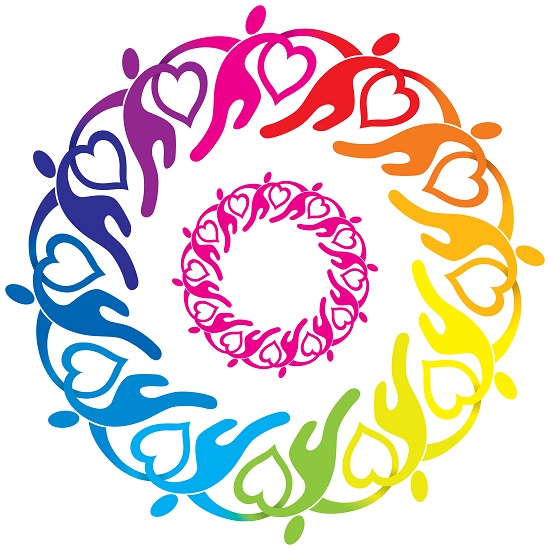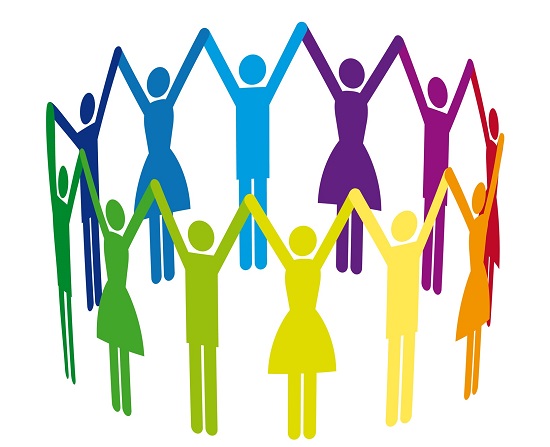We feel loved when we receive from others and from ourselves:
- Attention – listening; observing and noticing others’ feelings and our own
- Acceptance – of others and ourselves just as we are
- Appreciation – of theirs and our own gifts, limits, longings, and shared human condition
- Affection – shown through speaking, holding and touching in respectful ways
- Allowing from others and ourselves the freedom to live in accord with our deepest needs and wishes without attempting to control.
 Adapted with respect and gratitude from the writings of David Richo, including How to Be an Adult in Relationships: The Five Keys to Mindful Loving
Adapted with respect and gratitude from the writings of David Richo, including How to Be an Adult in Relationships: The Five Keys to Mindful Loving and When the Past Is Present: Healing the Emotional Wounds that Sabotage our Relationships
.





